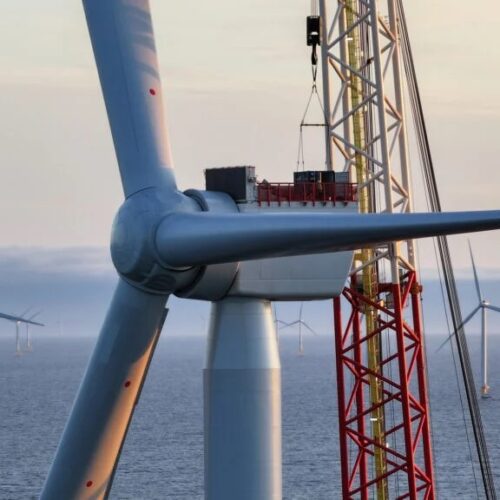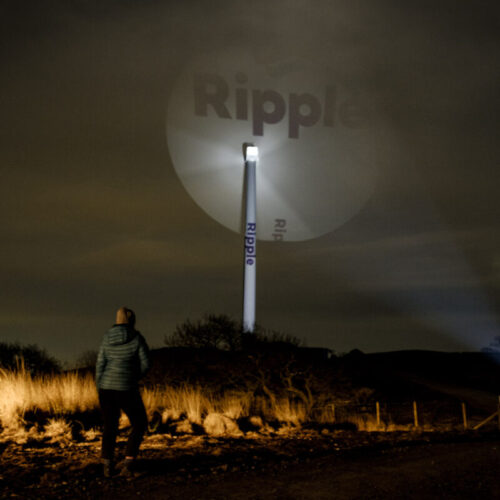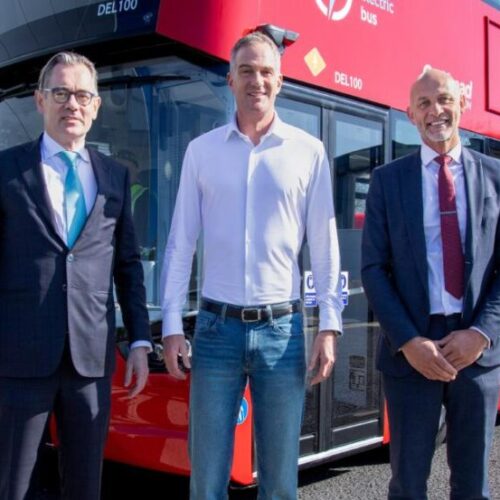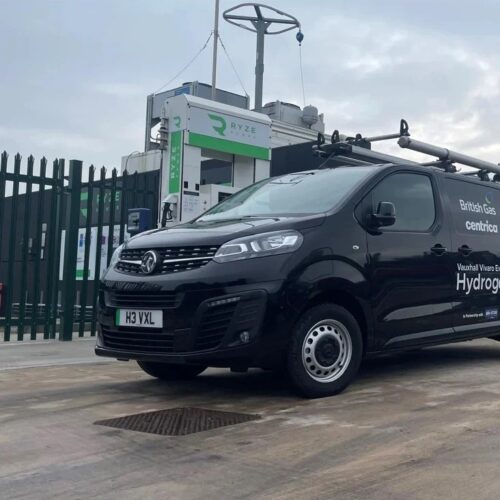A 34.6% increase in the number of plug-in vehicles over the course of 2024 mean that EVs now account for one in 20 of all vehicles on Britain’s roads.
The Society of Motor Manufacturers and Traders (SMMT) published its Motorparc data for 2024, showing that the number of battery electric cars in use has passed the one million mark, rising 38.9% year on year to 1,334,246 units.
The annual Motorparc report covers all vehicles registered for road use in the UK, derived from DVLA data.
Of all vehicles in use in Britain, including vans and buses, 2,157,360 are battery electric vehicles (BEVs) or plug-in hybrid (PHEVs). BEV cars were the fastest growing sector during 2024, comprising 3.7% of cars in use—a full percentage point up on 2023.
Although conventionally fuelled cars are still most dominant across the UK, the number of lower and zero emission technologies used across the parc saw average car CO2 output drop 1.6%. This was caused predominantly by a fall in company car emissions, down 5.6%.
Almost six in 10 EVs are registered to companies (i.e. not privately owned) but of all registered vehicles, companies only make up 10% of the overall car volume.
Buses led the way in commercial vehicle decarbonisation, with zero-emission bus units increasing 81.8% in 2024 compared to the previous year. The total share of all buses fell just shy of one in 20 (4.9%).
Vans are increasingly zero-emission, with battery electric van volumes rising to 80,476 units, 1.6% of all vans on the road. While electric truck use also rose, eHGVs account for fewer than 0.1% of the fleet.
Next steps for EV rollout
All of these figures reflect what has been the general consensus from both the motoring and the EV charging sectors over the past months. Where government incentives are available for fleet and van electrification, uptake has consistently risen, but private demand, lacking incentive or mandate, fluctuates to an extent that manufacturers are uneasy.
In the face of trade tariffs announced by US president Donald Trump last week, the UK’s car manufacturing sector has been appeased somewhat by an updated zero emissions vehicle (ZEV) mandate.
However, the knock-on effect of the relaxed mandate for EV charging has already proven an issue; following the news, CEO of trade association ChargeUK Vicky Read met with ministers and other industry stakeholders at Number 10 to discuss how the government might support charging rollout in the UK.
Also proving the need for public charging across the nation, SMMT’s Motorparc reveals that London and the South East are the regions with the most registered EVs in use—according to the Public Accounts Committee (PAC), that is also where most public charging is available.
New car sales have dropped as private buyers hold onto their vehicles for longer, seeing 43.4% of the total parc having now been in use over a decade.
On this, SMMT chief executive Mike Hawes commented: “There is scope to push environmental improvements much faster as motorists are holding onto their cars for longer, some one and half years longer on average, than only five years ago. Drivers need more incentives and greater confidence in infrastructure investment if we are to replace the high volumes of older high-emission cars with zero-emission alternatives.”






